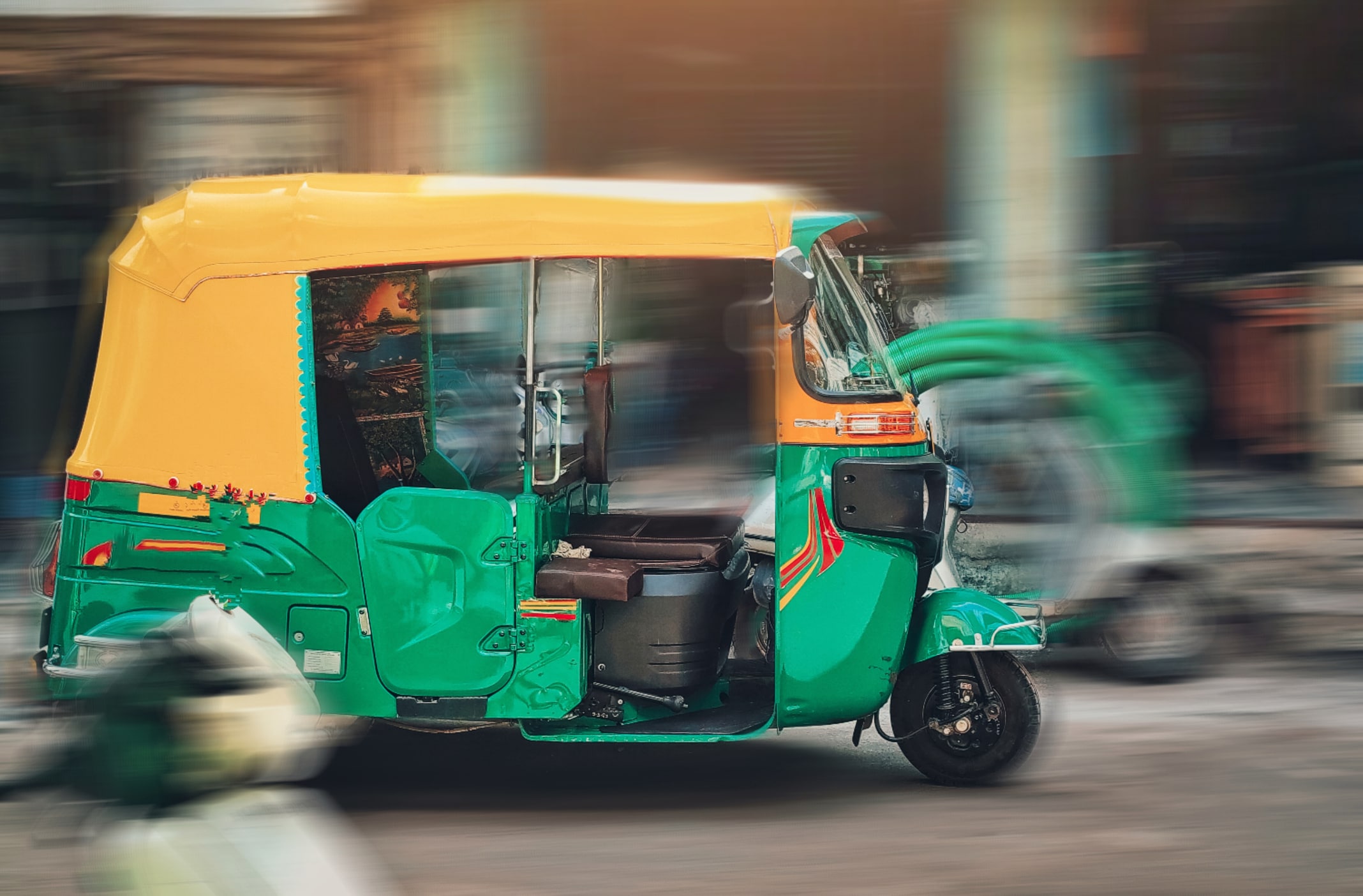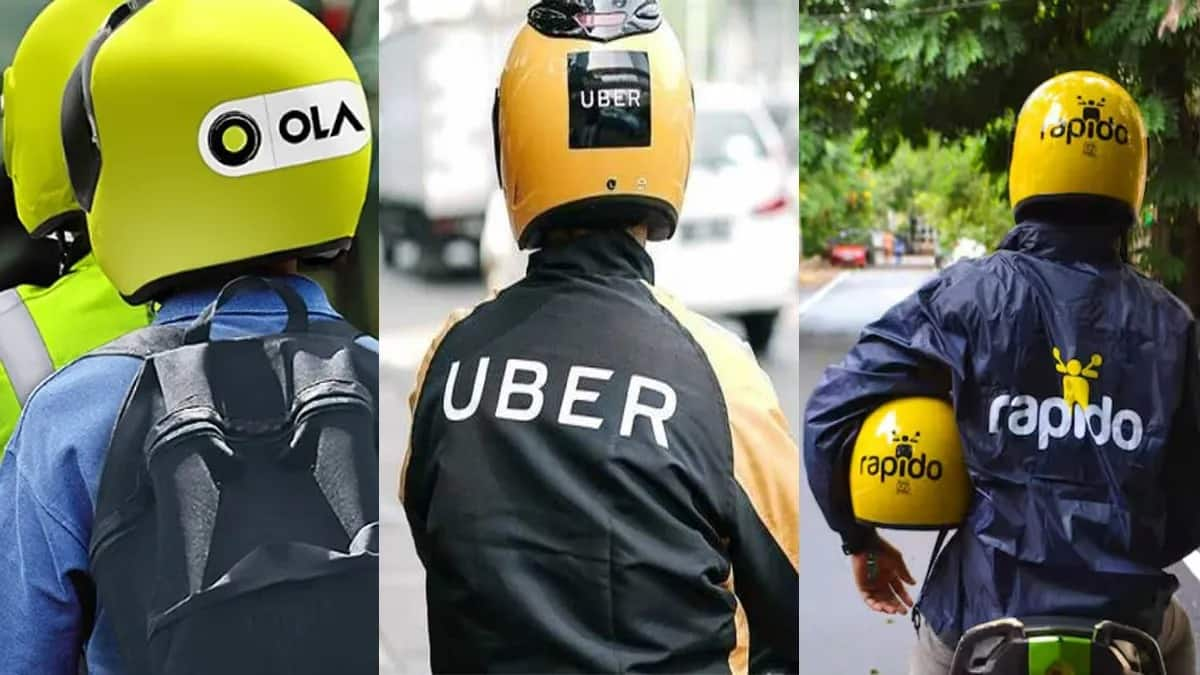It’s been just over a week since the Karnataka government enforced a blanket ban on bike taxis in Bengaluru, and the impact is already being felt across the city. For lakhs of daily commuters, especially office goers and students, the disappearance of these two-wheeled services has translated into one thing: longer, more expensive, and far more frustrating commutes.
Bike taxis, primarily operated via platforms like Uber and Rapido, were not just a cheaper alternative to autos and cabs, but also a quick solution to Bengaluru’s infamous traffic jams. In their absence, congestion has surged, auto fares have spiked, and gig workers are now caught in a fresh uncertainty and protest.
Congestion SurgeData from Dutch mobility tracking firm TomTom paints a clear picture of worsening congestion. Every evening since the June 16 ban, the city's traffic levels at 7 PM have outpaced the historical average for the same hour.
On June 16, the day the ban kicked in, congestion jumped to 77%, up from the usual 59%. The trend only worsened, hitting 83% on June 18, a full 22 percentage points higher than average.
Commuters are reporting travel times that hit both patience and fuel bills. For instance, the much-used Silk Board to Marathahalli stretch is now taking 2.5 hours, a half-hour increase from the already painful 2-hour baseline.
Auto Fares Climb, Refusals Mount
In the wake of the ban, auto rickshaws which are the next most accessible transport option are back in the spotlight, but not in a good way.
Drivers, sensing the demand surge, have hiked fares, often flouting official guidelines. Trips that would earlier cost ₹50–70 via bike taxi, such as from Byappanahalli Metro station to nearby localities, are now being quoted at ₹250–300 by autos.
The Karnataka High Court had ruled in October 2022 that app-based auto aggregators could only charge 10% above government-notified rates, with 5% GST. As per a 2021 fare revision, the minimum fare stands at ₹30 for the first 2 km, keeping the app base at ₹35. But reports show platforms are charging ₹50 or more, and in many cases, users are forced to offer a tip just to have their ride accepted.
“It’s a demand and supply issue,” said a staffer from one of the ride-hailing platforms. “Since the ban, autos are in huge demand, so are the fares.”
Gig Workers Left Stranded
While commuters are facing traffic and fare woes, the ban has hit hardest those who earned a living from bike taxi services. Many riders, especially those associated with Uber and Rapido, now find themselves suddenly out of work. Some are resorting to workarounds, officially accepting parcel deliveries but secretly ferrying passengers.
Among those affected are women riders, a group that had only recently found some space in this male-dominated gig economy. In December 2024, Uber launched “Moto Women” which is a women-only bike taxi option aimed at safety and economic empowerment. Rapido, too, had piloted similar services earlier this year.
For many of these women, the opportunity meant financial independence and flexibility. The sudden ban has thrown their plans, and incomes, into uncertainty.
Political Silence
The decision has also drawn criticism from gig worker associations, especially given past political outreach. Ahead of the 2023 Karnataka Assembly polls, Rahul Gandhi had famously ridden on a delivery worker’s bike in Bengaluru, pledging support to gig economy workers.
Now, the Namma Bike Taxi Association has written to both Chief Minister Siddaramaiah and Rahul Gandhi, asking for intervention and a reversal of the ban. So far, there has been no official response.
You may also like

Donald Trump breaks silence with bizarre rant after US airbase attacked amid WW3 escalation fears

US braces for 'low-level' cyberattacks by Tehran

Liam Delap reveals Cole Palmer role in choosing Chelsea over Man Utd

JDU distances CM Nitish Kumar from panel, trusts selections

Man Utd table second Bryan Mbeumo bid as new package emerges







